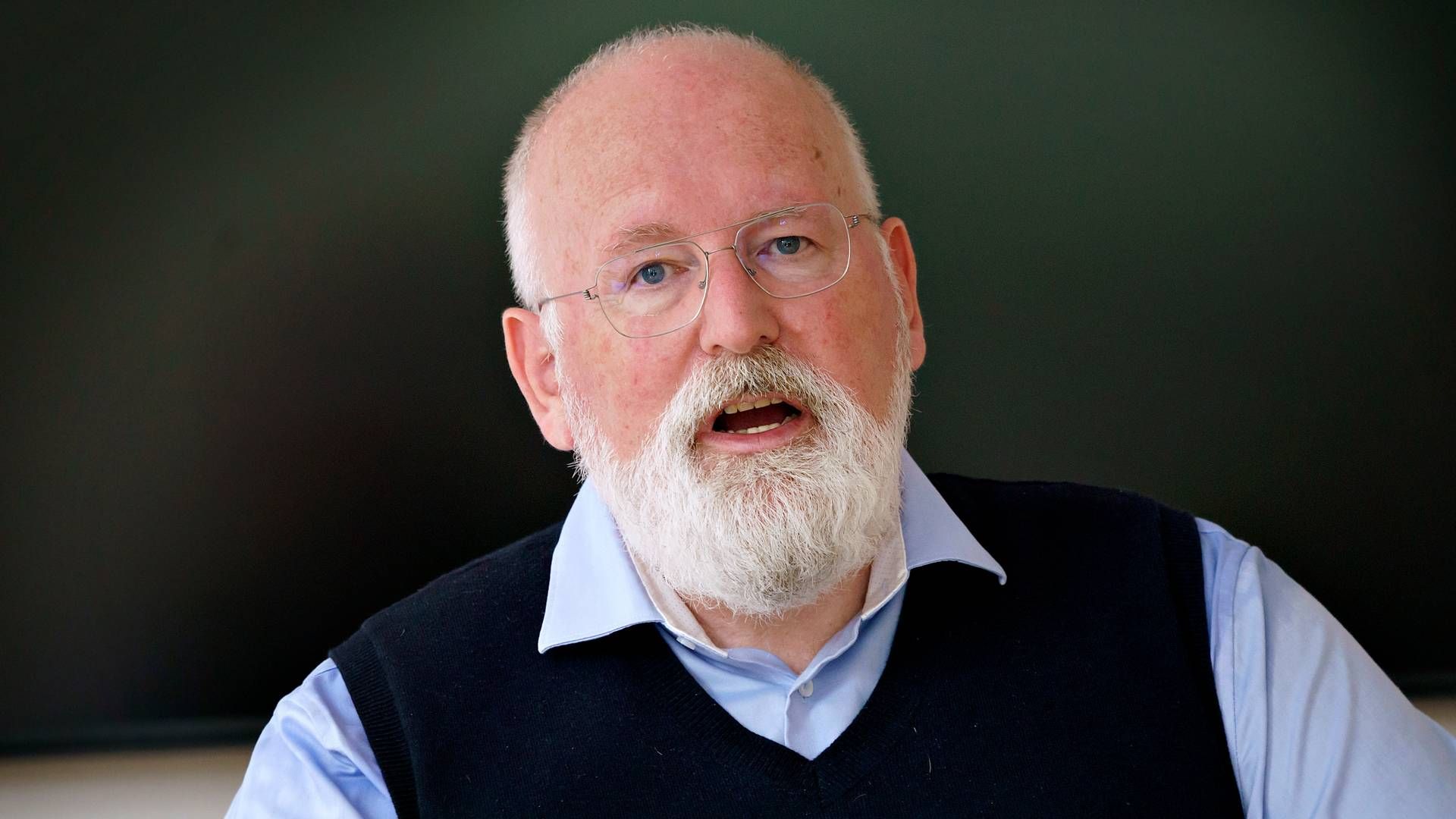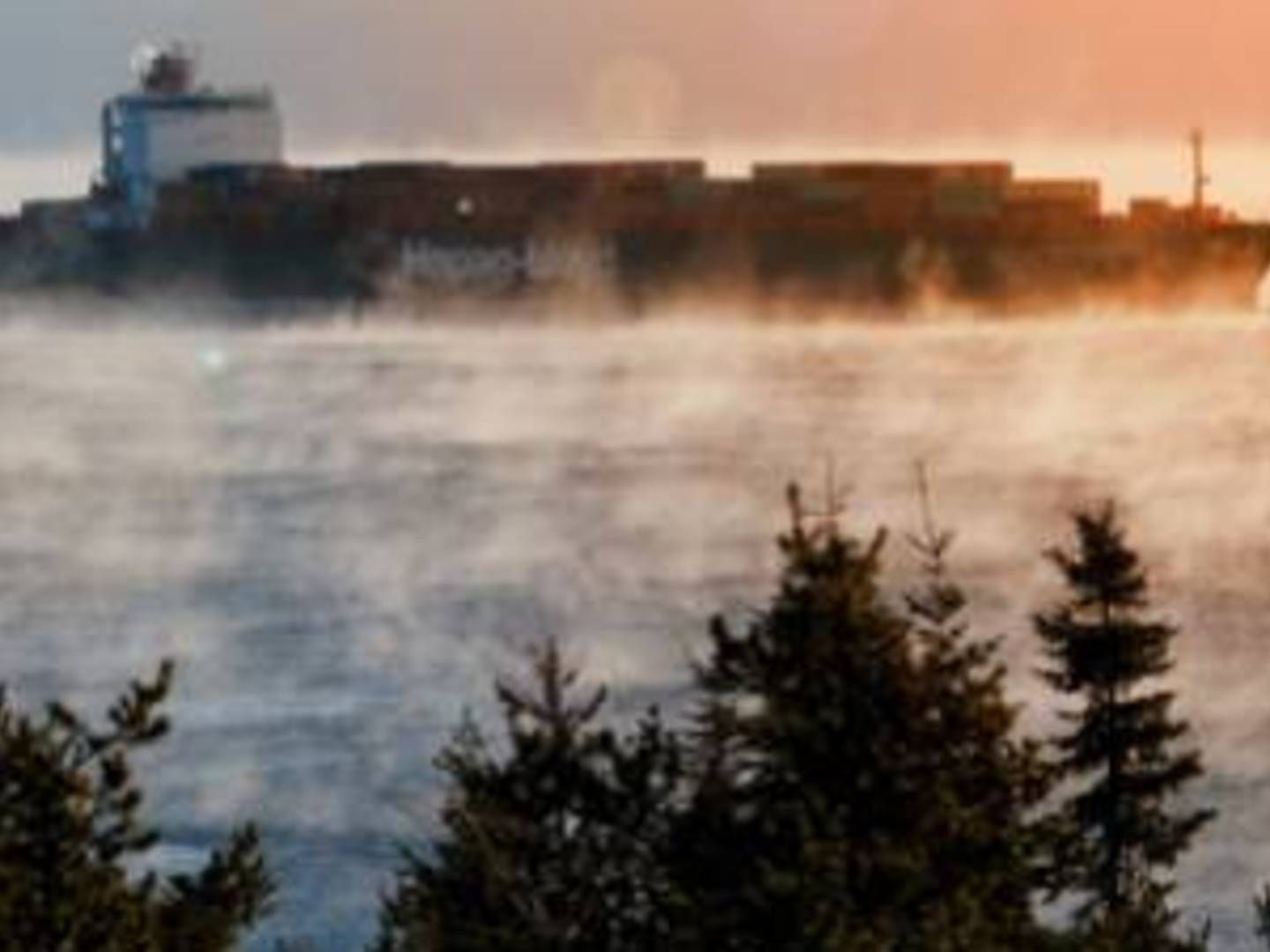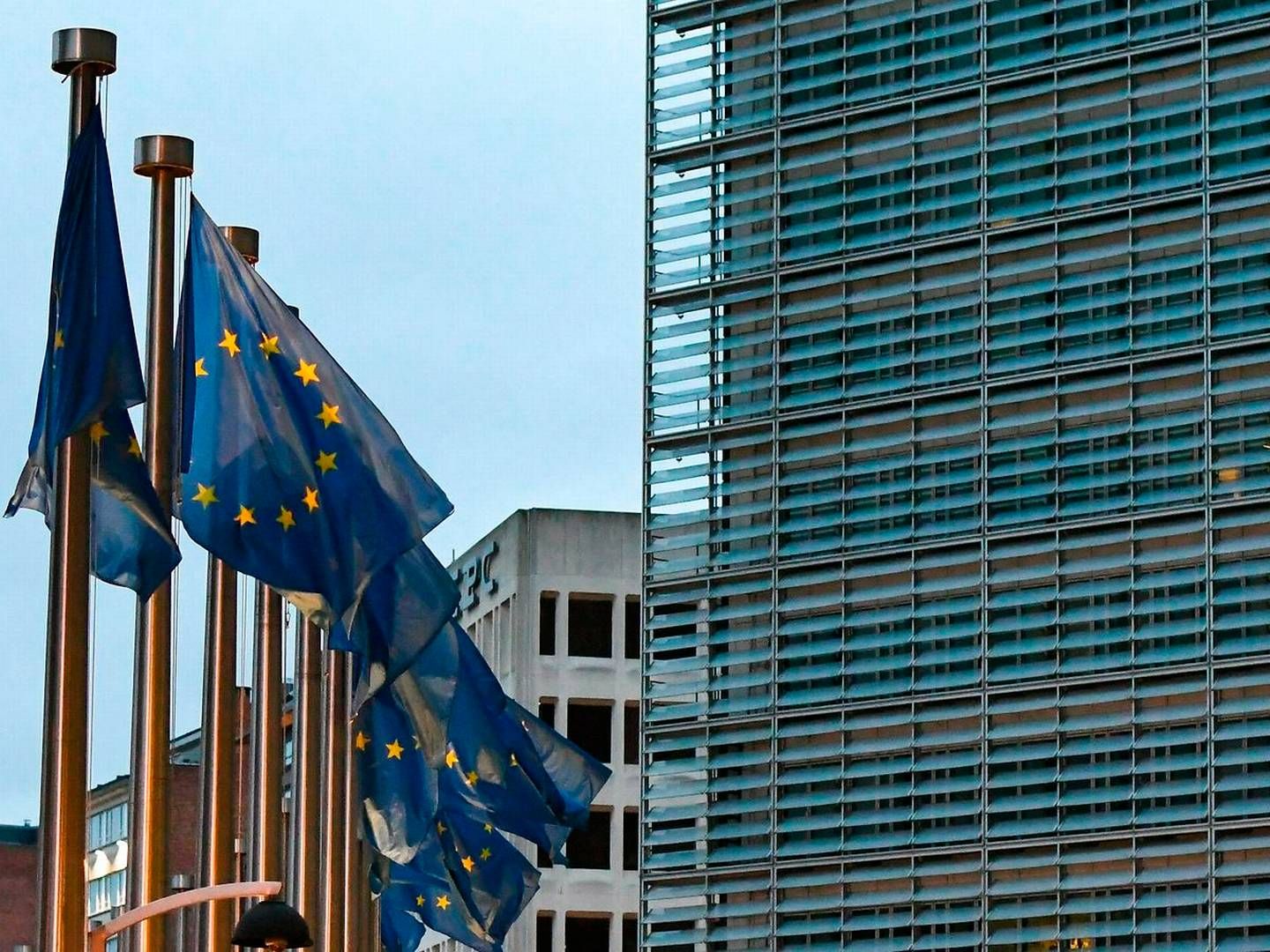EU Commissioner confident shipping can transition quickly via green ammonia

Shipping could provide a positive surprise by carrying out its transition to green fuels more quickly than expected – and green ammonia is an obvious candidate for being the most important green fuel for ships in the future.
Thus predicts Frans Timmermans, executive vice-president of the European Commission and head of the commission’s work to ensure Europe’s transition to climate neutrality by 2050.
”I hope we can keep the transition of shipping short because shipping has a tremendous opportunity to go for clean ammonia straight away,” Timmermans said Friday during a press conference in Copenhagen, Denmark, adding:
”I think ammonia will be the future fuel of the shipping industry.”
According to the executive vice-president, over a brief time period, many companies in the shipping industry have changed their views on the green transformation and their own roles in the process.
”I think the shipping industry might surprise us by making the transition even faster than we assume.”
He openly admits that he hasn’t always been this optimistic on behalf of the shipping industry regarding the green transformation. On the contrary, it was very difficult to get shipping players to speak on the matter until a few years ago.
”A couple of years ago the shipping industry did not even want to talk about this, and now they are fully on board,” Timmermans said, adding:
”I am really excited about what is happening. When I came into this position I was always grumpy about the International Maritime Organization and about shipping saying that we were asking too much and that it was impossible, but things turned a page, and it is really nice to see the enthusiasm now growing in the industry.”
Green fuels a scarcity
The very biggest challenge for shipping in terms of the green energy transition is that companies cannot currently buy green fuels in the volumes needed in the industry.
In September last year, the EU Commission assessed that shipping would need liquefied natural gas (LNG) as a transition fuel until production of green fuels can be established. Timmermans agrees, but he expects that parts of the shipping sector will transition directly to green ammonia.
”You are absolutely right that LNG and natural gas will be a transitional fuel, but I think we might be surprised that some shipping companies and shipbuilders will move directly to ammonia and also the production of ammonia,” Timmermans said.
He stresses that the establishment of energy sources such as wind power for producing hydrogen, which can be used to make green ammonia and other substances, is moving much more quickly than expected just a few years ago.
At the same time, a number of shipping companies such as Maersk have begun to retool their fleets to accommodate green fuels, while countries including Denmark and the Netherlands are planning to establish large-scale offshore wind capacities.
”Things sometimes grow exponentially, and I think in the shipping industry, which used to be arch-conservative on this point, if a number of first movers show that this is economically viable, it will move really quickly,” Timmermans said.
English edit: Jonas Sahl Hollænder
EU countries ready for CO2 quota negotiations – but without a shipping fund
Central EU legislator rubberstamps new carbon quota requirements for shipping
A pair of Nikes will see marginal price increase from greener shipping
European Commission views LNG as crucial to achieving climate targets in shipping




















